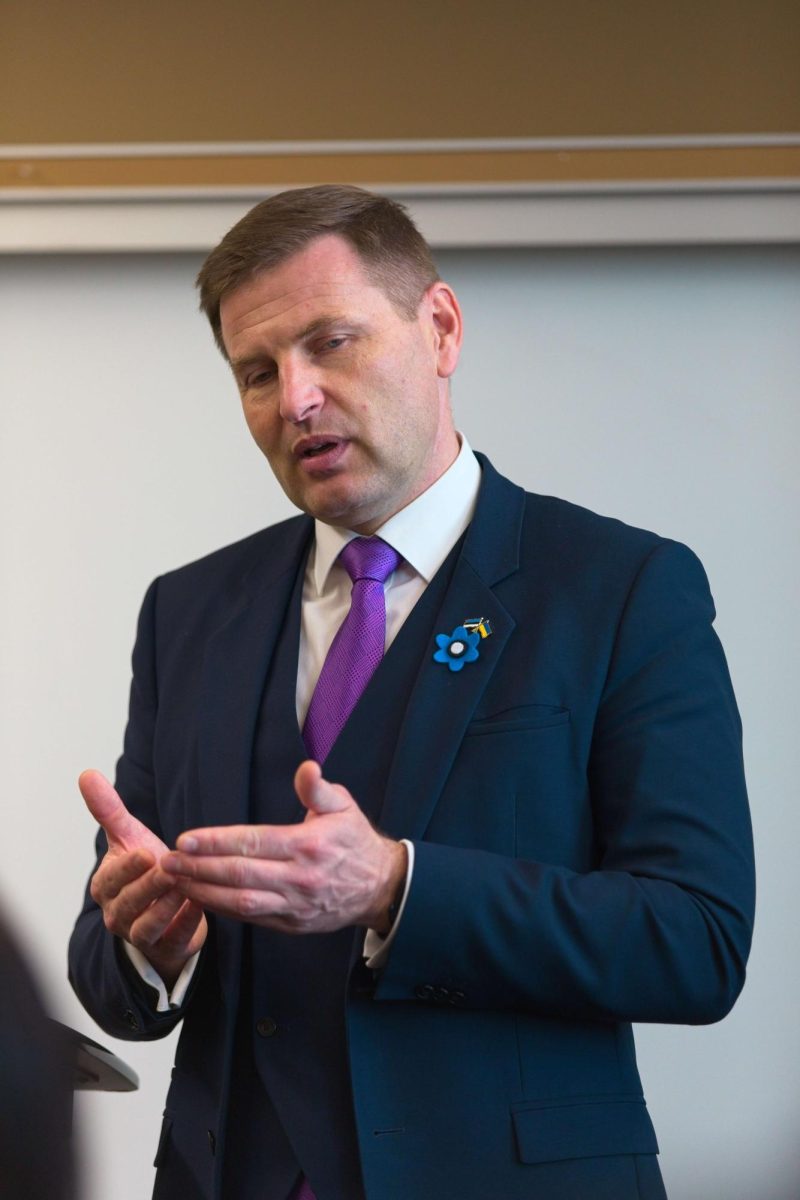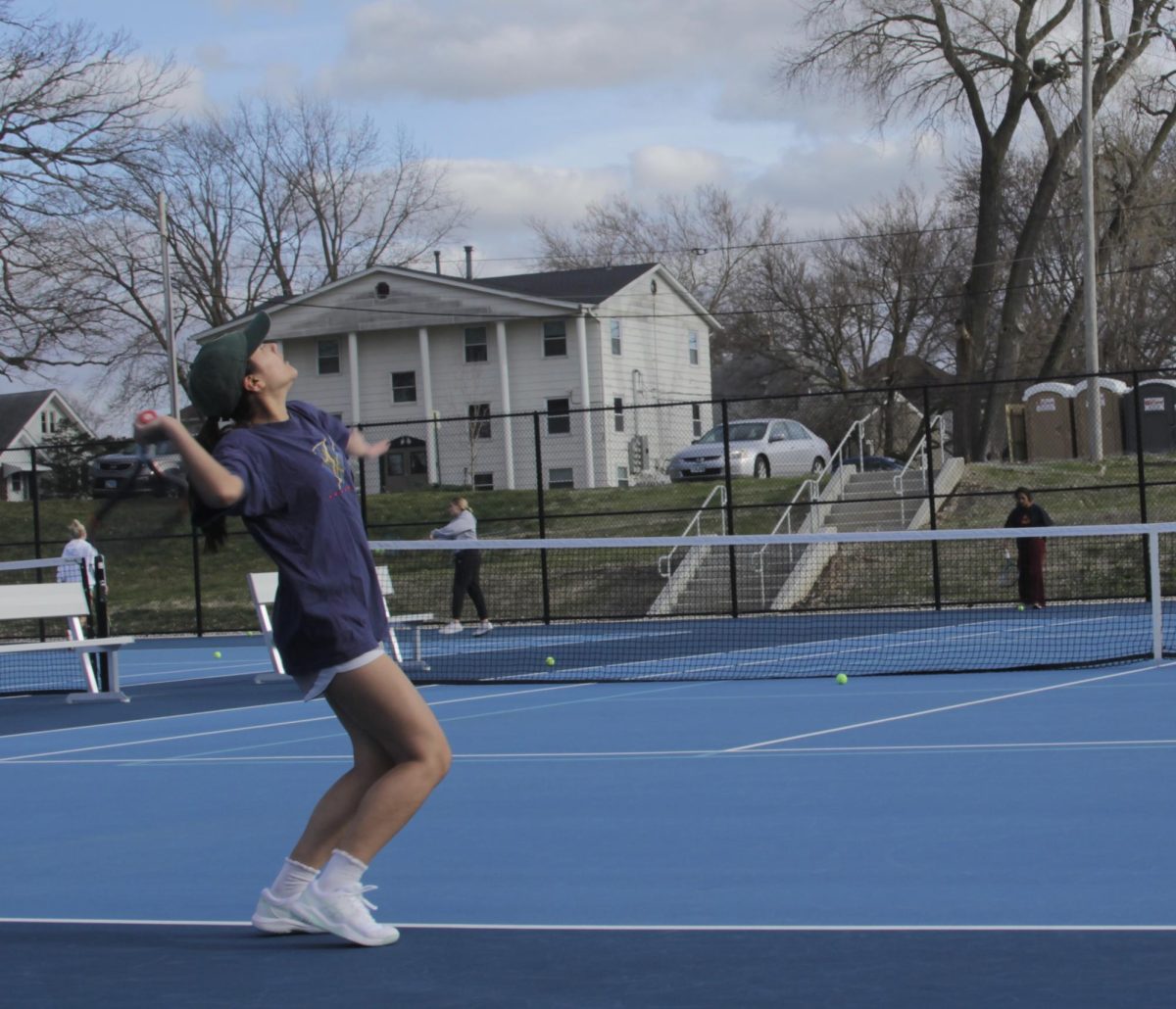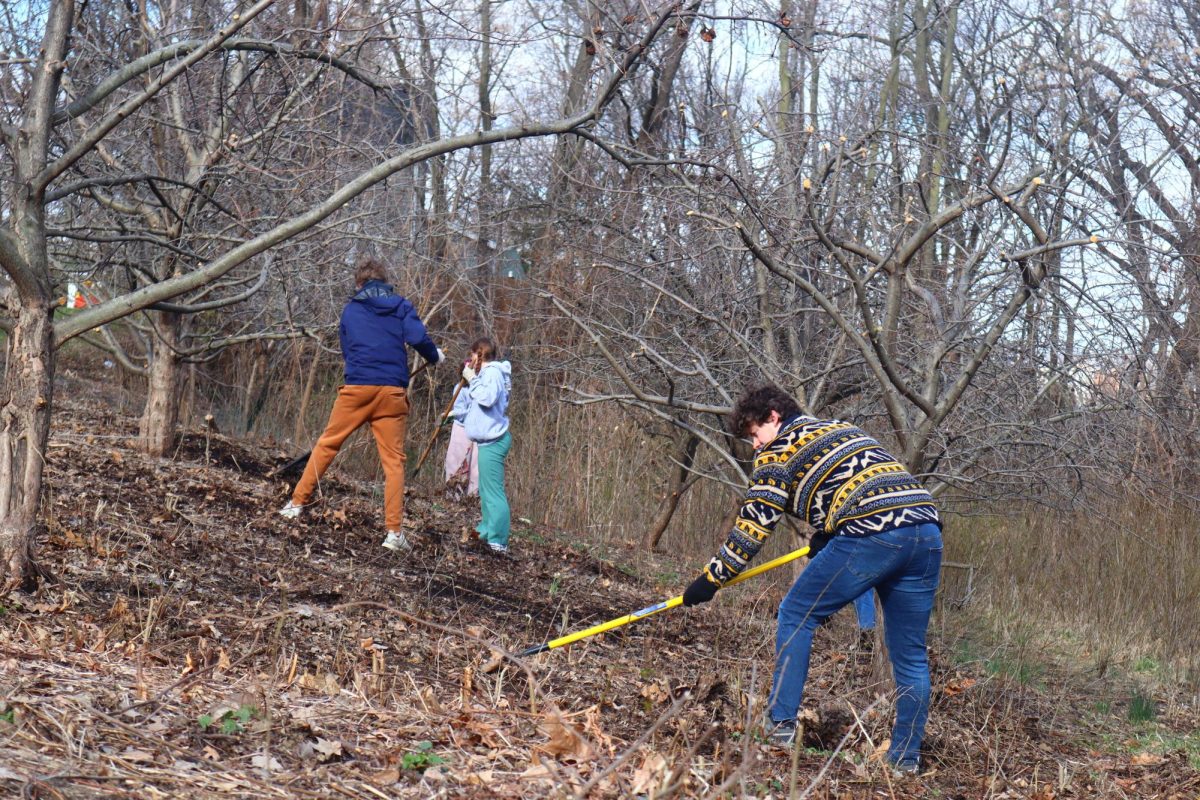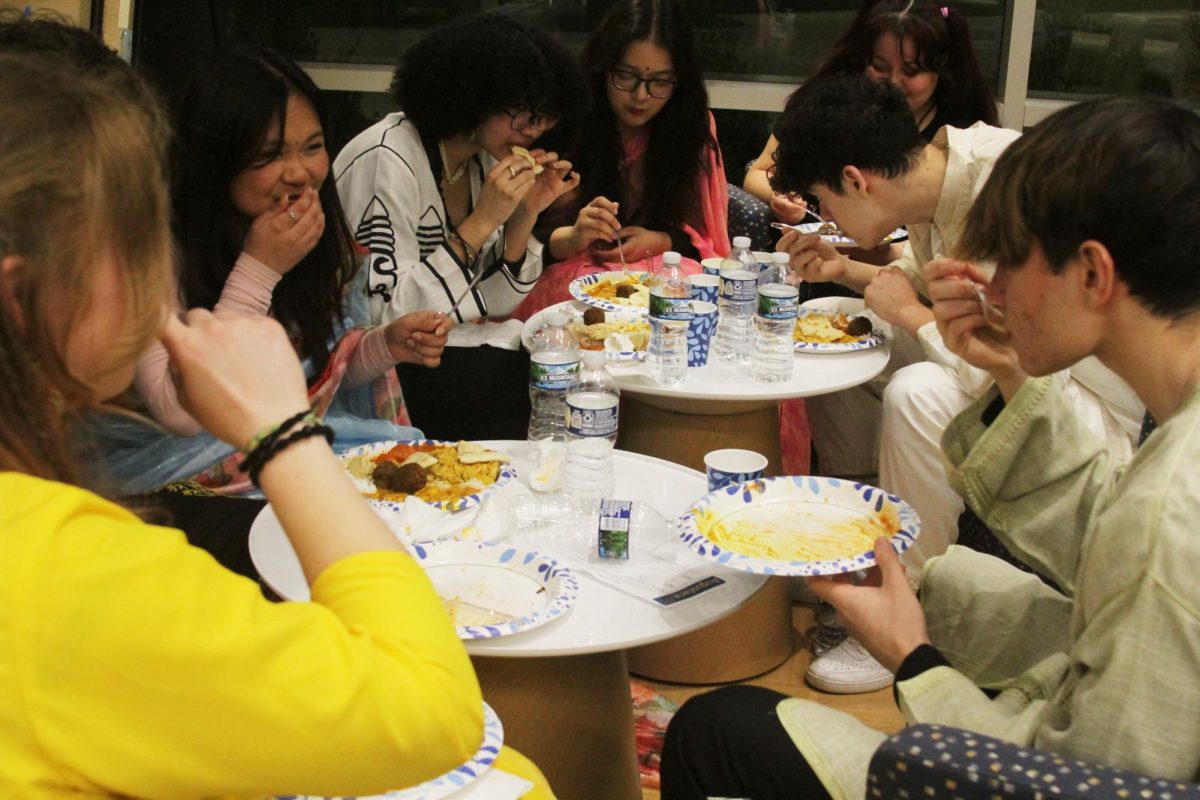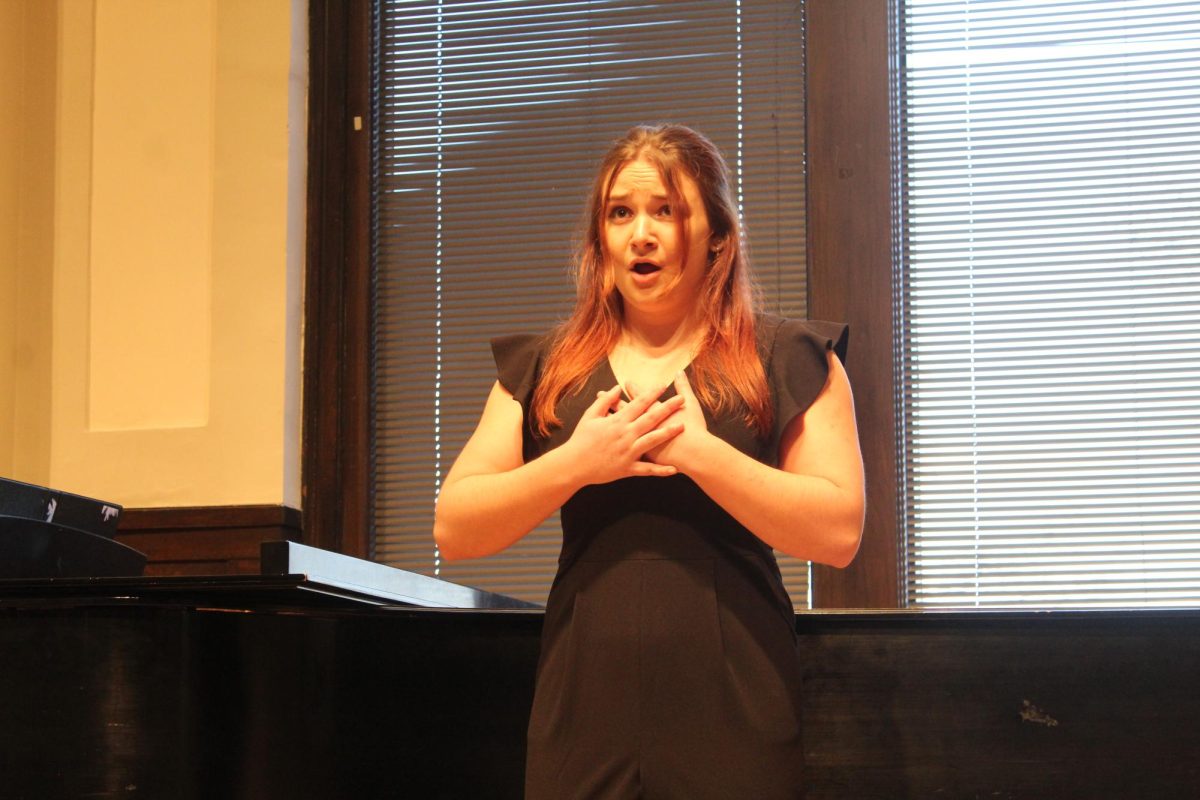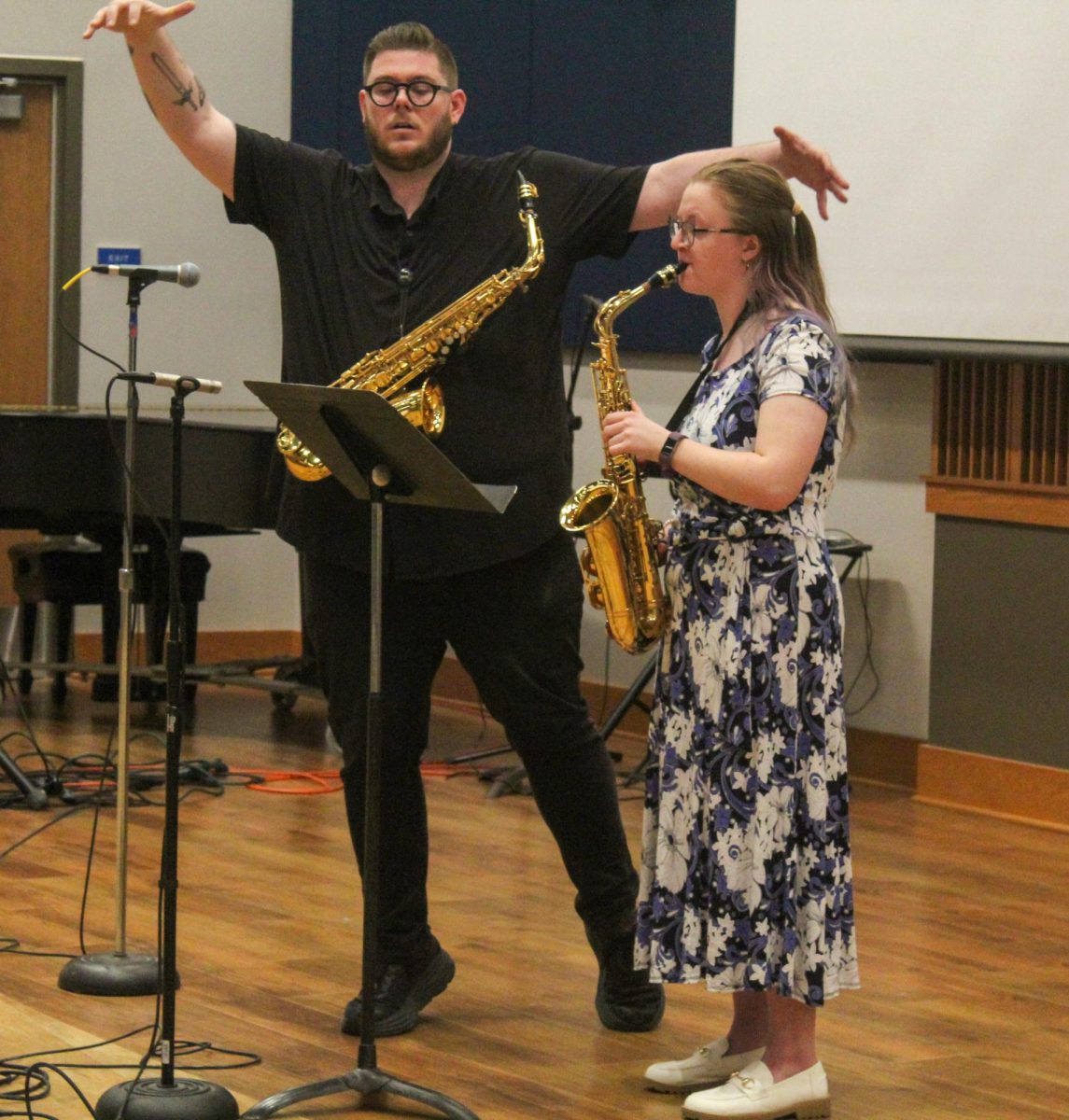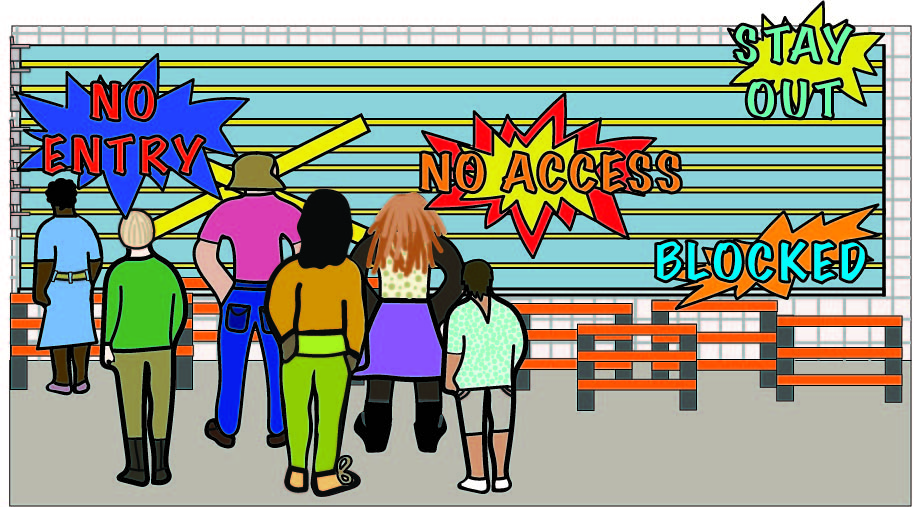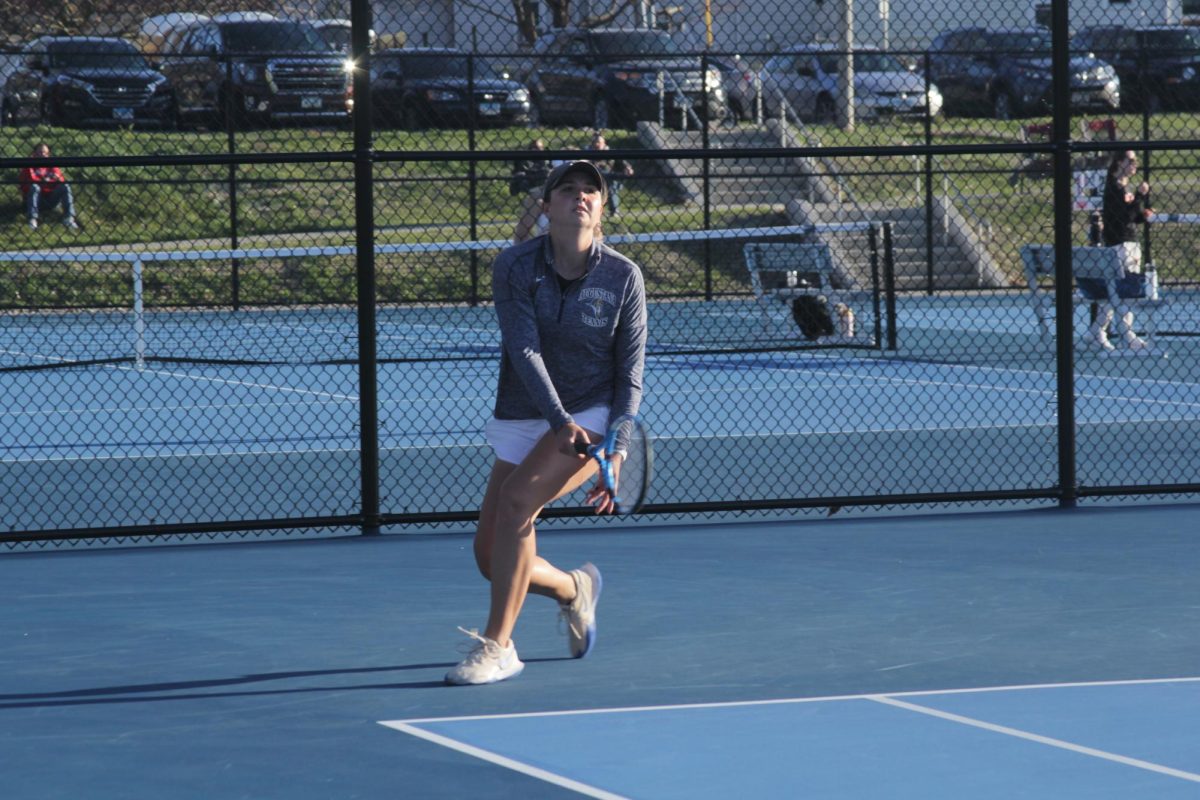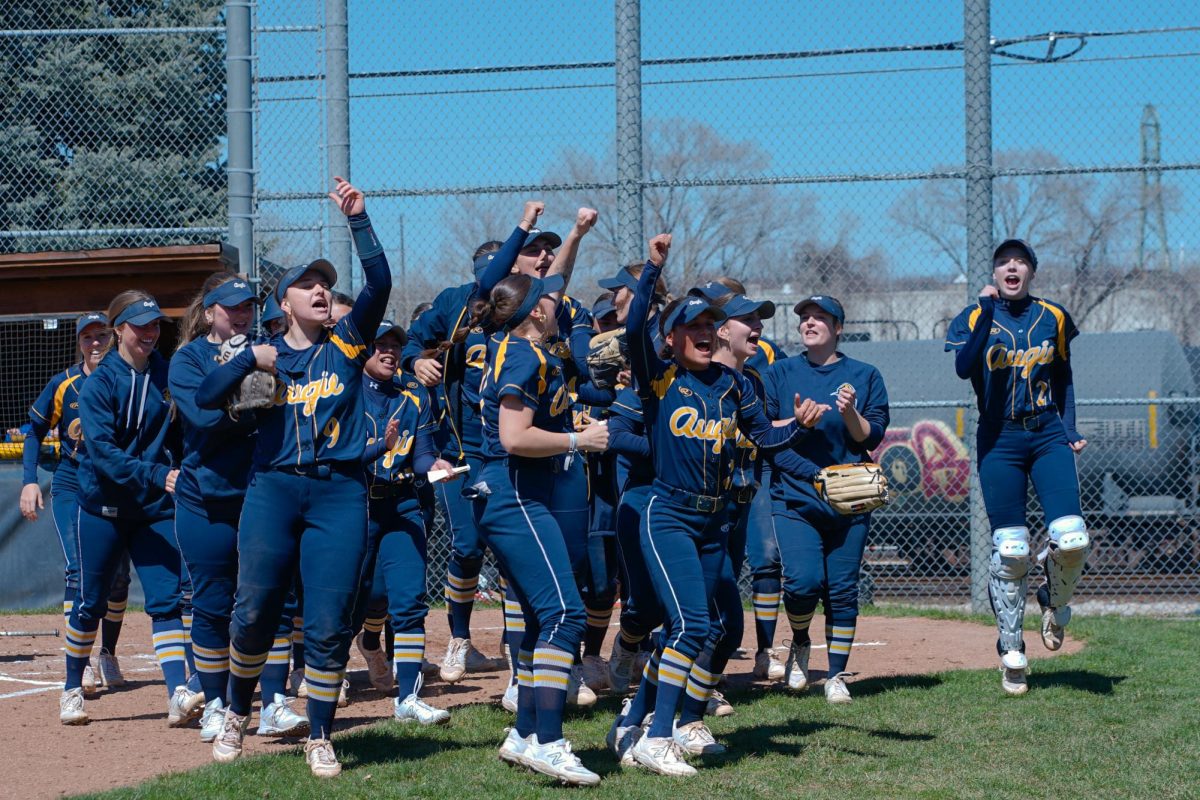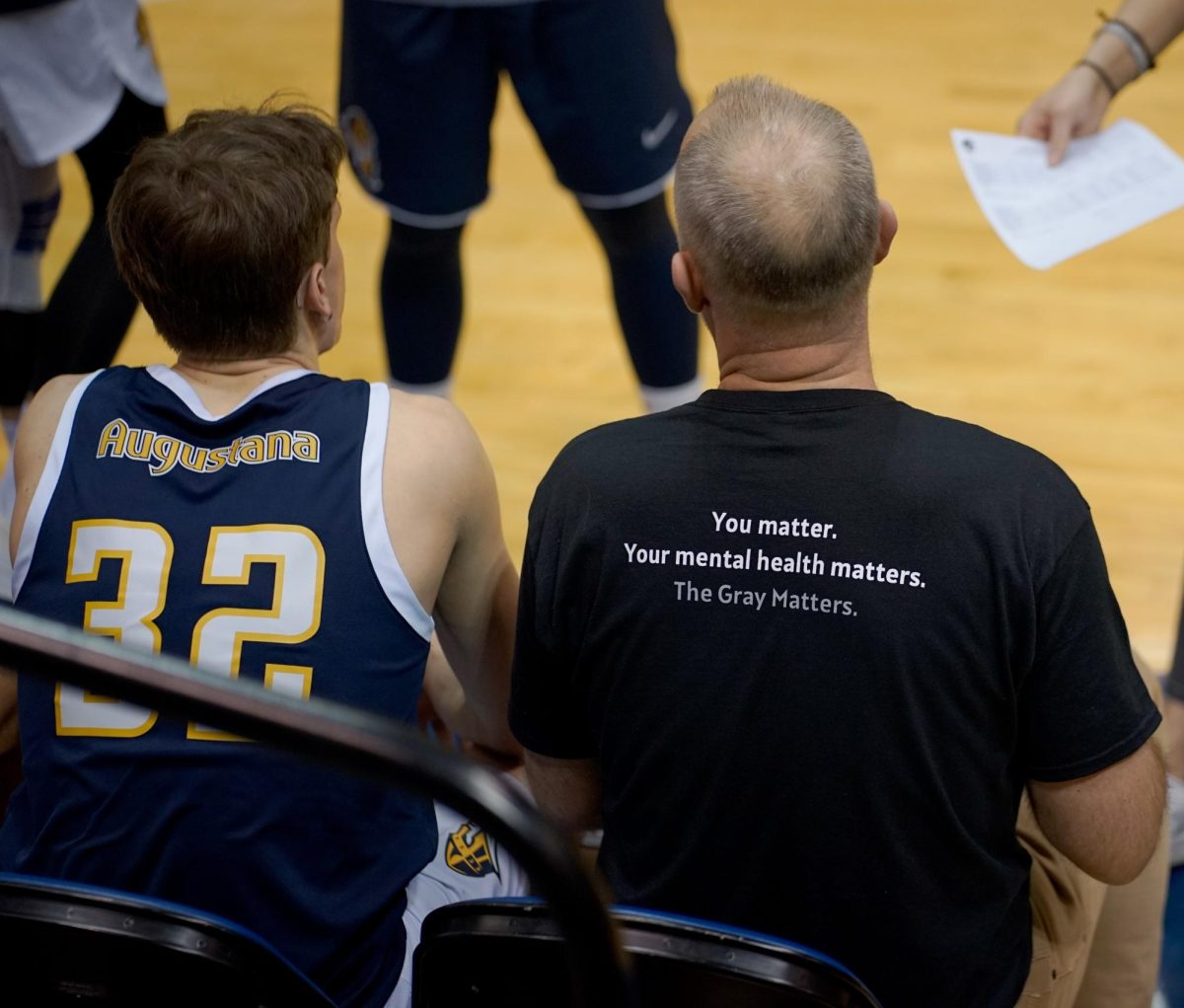Vibrations, alerts, and pings fill the room as students scroll down electronics to consume media. There was a time at Augustana where students had to dial out on landlines and visit their mailboxes to check for communication between them and their friends. Nowadays all one has to do is type a message and send it over a variety of applications. Everything one would want and need is at their fingertips. Innovation has changed the way society communicates. Yet, for some the easy access to social media, which connects the entire globe, is causing a change in their human nature.
Students at Augustana discuss how social media has affected their college lives. Many responses deal with how applications like Facebook, Instagram, and Snapchat create a divide in achieving their tasks for the day.
“I have to hide my phone in my backpack while doing homework in order to avoid checking it,” Emily Stine, sophomore, said. “Heck, I’m answering this poll while I should be finishing up a comp sci project.”
Stine would use her phone to mostly use Snapchat to communicate with her friends and her sister.
First-year students like Kari Meyers and Kaylee Anderson spend an average of five hours a day on social media. Applications ranging from GroupMe to Snapchat allow students to easily communicate with other people with just photos and quick text messages.
Hadley McCormick, junior, uses social media about 3-4 hours a day on six different applications. McCormick is a marketing major so she uses a lot of media herself to learn how marketing firms are reaching their audiences.
“When it comes to procrastination, my social media undoubtedly is a contributor to it, but sometimes it is a good resource to complete homework or collaborate with other students,” Laura Heuermann, first-year, said.
Christopher Baker, junior, uses social media but on a much more limited basis. Baker averages 1-2 hours of social media use. Sometimes Baker will use social media in class, but only when he deems class moving slow.
Students will cram social media consumption before the professor walks in class and sometimes individuals will try to glance at their phones to see why it vibrated in their bag. Professors have been combating this issue in a variety of ways, like Professor Lena Hann.
Professor Hann, who is the assistant professor of public health, has been teaching for a couple years now and her classroom is considered free of electronics. Professor Hann taught at the University of Illinois at Urbana-Champaign and for awhile noticed students lost in their laptops and not actively participating.
“Early in that time of teaching I was teaching big lecture sections of 300 to 500 people,” Professor Hann said. “When you look out to a room that big and all you see is laptops and people with their heads down it is a totally different dynamic.”
Professor Hann implemented the rule around mid-terms once a guest speaker was widely ignored by the 300 students. Looking at research studies, Professor Hann concluded that the electronics needed to stay out of the classroom.
“Electronics are a distraction not only for the students using them but the people around them,” Professor Hann said.
Although electronics are prohibited Professor Hann likes to use technology and sees it as a helpful tool for students.
“This is one time during the day where you do get to disconnect,” Professor Hann said. “I completely changed the way I teach my classes because of it.”
Professor Tristan Coughlin, who is the assistant professor economics, and Professor Lendol Calder, who is a professor of history, have noticed students using electronics in their classes.
“I see some digital distraction in class now and then, but not so much that it warrants a policy,” Professor Calder said. “If you keep people busy and interested, maybe there is less temptation.”
Likewise, Professor Coughlin can see that students can be able to maintain attention in class.
Professor Hann thinks that the new age of social media has changed the way students are wired.
“Inevitably, no matter if these students are freshman or seniors they are on Facebook, they are on email,” Professor Hann said. “I’m assuming it is because we have all these notifications that are so anxiety-inducing. I think that they have to check all these things. Technology is stressing us all out.”
Professor Hann thinks that because of all these notifications the individual develops anxiety and that the emails from Augustana do not help.
“I also think the number of emails we get at Augustana is a lot to handle,” Professor Hann said. “I was in a 45-minute meeting and I hadn’t checked my emails and I had 32 unchecked emails. Most of them didn’t have anything to do with me. I assume as a student you become numb.”
Professor Hann adds that the influx of emails can keep students from seeing announcements that pertain to them. Hann mentions that students fail to carry the information with them.
“I have noticed that students need more reminding of things now that they didn’t use to need,” Professor Hann said. “I think that is just because they assume that they can shoot us a quick email to remind us of things. Instead of people of having the skill and sitting down keeping a calendar and keeping dates together. I think social media culture has kept us from keeping things inside of our brains.”
Emily Jacobson, first-year, says that social media is distracting her from finishing homework and even distracts her from getting out of bed.
“It also most definitely takes up a good portion of my attention, even when I’m with other people but I don’t feel its negatively impacted my ability to make connections,” Jacobson said.
Sam Ramont, first-year, mentions that his work ethic is not deterred from social media, but that it can inhibit his ability to make connections.
“I find it super easy to text or Snapchat people regularly, but find it difficult to talk to them face to face,” Ramont said.
For first-year Andrew Doerr-Pasanen the use of social media has made him distracted from his homework sometimes but it does not halt any connection creation.
“I feel like in certain situations I need a break from everyone so I scroll through to escape my life and then I get stuck and lose track of time,” Doerr-Pasanen said.
Karen Sheraden, the program coordinator for communication sciences and disorders, has had a life-changing experience with social media.
“For a long stretch of time, I found myself logging in 15 to 20 times a day,” Sheraden said. “I’ve recently realized that I was spending way too much time on Facebook. I made a decision about a month ago to log-in only once or twice a day, and I haven’t posted during this time, either. To be honest, I don’t miss it.”
Sheraden asked herself what she could of been doing instead of wasting time in her eyes on social media. Logging in to a couple times a day to express congratulations to her friends and to see what is happening in her groups and in the news. Sheraden sees city and state agencies on Facebook the most beneficial way to stay up to date.
There is a big concern that Sheraden brings up when using social media.
“Do people really have over 1,000 friends? Real friends? Why are some so eager to accept basically strangers into their lives and share personal pictures with these “friends?” I believe there’s a real danger to accepting someone you just met as a friend,” Sheraden said.
The ability of an application like Facebook where someone can connect with friends and family can be beneficial. Although, Sheraden thinks that social media can be dangerous and hurt real relationships. Sheraden points out that checking Facebook before bed instead of usually cuddling with her husband was the point in which she knew she had to stop her current usage.
“I was dangerously close to becoming more interested in the lives of others instead of my own,” Sheraden said.
Professor Hann mentions that turning off notifications can help a student stay focused. Sheraden mentions that people should look at their online friends list and make sure they want them involved in their life.
Media consumption: Staff, students reflect on digital interactions
March 22, 2018
Leave a Comment
More to Discover

